Creatine for Strength Training: What You Need to Know
When it comes to popular and trusted workout supplements, creatine tops the list—and for good reason. It's one of the most studied and proven supplements out there for improving strength, building muscle, and even supporting brain health. Whether you're an athlete, a gym regular, or someone simply trying to stay fit and strong as you age, creatine can be a game-changer.
Let’s break it down in simple terms.
What Is Creatine?
Creatine is a natural substance found mostly in your muscles and brain. Your body makes a small amount of it every day, and you also get some from foods like red meat, chicken, and seafood. However, to get the full benefits, most people take it as a powder or pill supplement.
Creatine’s main job? It helps your muscles make and use quick bursts of energy—exactly what you need during intense activities like sprinting, jumping, or lifting weights.
What Does Creatine Do in Your Body?
Inside your muscles, creatine turns into something called creatine phosphate. This helps quickly create ATP, which is your body’s energy currency. Imagine ATP as fuel for your muscles. The more creatine your muscles store, the more "fuel" you have available for short, powerful efforts—like doing a heavy squat or running a short sprint.
What Are the Benefits?
Improved Strength and Power – Creatine is well known for helping people lift heavier, jump higher, and train harder. This is true for all types of people—from professional athletes to weekend warriors and older adults.
Builds Lean Muscle – By allowing you to train more effectively and recover faster, creatine helps you build more lean muscle mass over time.
Boosts Brain Function – Studies show creatine can improve short-term memory, reasoning, and brain energy, especially in older adults. It might also help protect the brain in contact sports by reducing the risk of concussions and head injuries.
Supports Healthy Aging – As we get older, we naturally lose muscle and strength (this is called sarcopenia). Creatine has been shown to fight muscle loss, support bone health, reduce the risk of falls, and even help combat tiredness and fatigue.
Skin Benefits – Yes, really. Creatine creams are being studied for their ability to reduce wrinkles and improve skin elasticity by boosting collagen production.
How much should you take?
Supplements are powerful tools, but they’re not one-size-fits-all. Always speak to your practitioner before starting anything new, especially if you’re on medication or have underlying health conditions.
The recommended daily dose is about 3 to 5 grams per day—that’s roughly one small teaspoon.
You can also choose to do a "loading phase" where you take 20–25 grams per day (split into 4–5 doses) for about a week to quickly fill up your muscles’ creatine stores. After that, switch to the normal daily dose of 3–5 grams.
👉 Either approach works—it's just a matter of how fast you want to see results.
Can You Get Enough From Food?
You’d have to eat 4–5 kilograms (about 10 lbs) of meat a day to get the same amount of creatine as you would from a small scoop of powder. So unless you plan on becoming a full-time carnivore, supplements are the practical choice.
Is Creatine Safe?
Yes—for most healthy people, creatine is very safe and well-tolerated. But it’s always smart to check with your healthcare provider if you:
Have kidney or liver disease
Have diabetes
Are pregnant or breastfeeding
Take medications or have any ongoing health issues
What to Expect When You Start 🚀
Within a few weeks of daily creatine use, you might notice:
More energy for workouts
Better muscle recovery
Increased strength
Slightly fuller-looking muscles
A boost in mental sharpness
Bottom Line
Creatine is a powerhouse supplement—backed by science, safe to use, and effective for all ages. Whether you’re lifting weights, training for a sport, or just trying to stay strong and independent as you get older, creatine can help.
It’s affordable, easy to take, and proven to work.
Just one small scoop a day could make a big difference in your strength, energy, and overall health.
Pro Tip: Look for creatine monohydrate, the most studied and trusted form. Mix it into your water or shake—no fancy blends needed!


